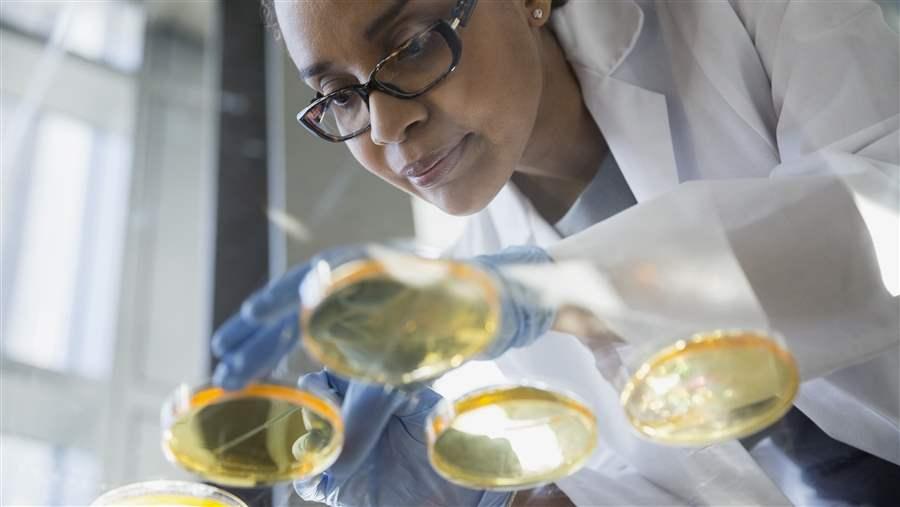CARB-X Announces Funding for Promising Antibacterial Products
Investments target new antibiotics and nontraditional approaches to fighting drug-resistant bacteria
On March 30, the Combating Antibiotic Resistant Bacteria Biopharmaceutical Accelerator (CARB-X) program, a global public-private partnership to stimulate the development of promising new antibacterial therapies, announced that it will invest $48 million to support 11 early stage projects. The portfolio of innovative products includes a mix of antibiotics and nontraditional approaches that could help protect patients from bacterial infections in new ways, such as disarming harmful pathogens or boosting the immune system’s ability to respond.
New antibacterial products are needed today more than ever, as alarming new types of drug-resistant bacteria continue to emerge and the pipeline of antibiotics in development remains thin. Nearly all currently available antibiotics are based on discoveries made more than 30 years ago. And of the antibiotics in clinical development for the U.S. market, 70 percent belong to existing types, or classes, of drugs against which bacterial resistance has already been observed or could easily develop.
This is a problem, because bacterial resistance to one antibiotic often leads to resistance to similar types of drugs. So novel classes of antibiotics—drugs that are significantly different from existing antibiotics in core molecular structure or mode of attack—are essential to keep pace with bacteria that are constantly evolving.
In addition to new and improved antibiotics, nontraditional approaches will also be critical for combating antibiotic resistance. Nontraditional antibacterial products may be therapies or preventive measures used along with or instead of antibiotics to tackle resistant infections. To shed light on the development of these types of products and evaluate public policies to spur their innovation, The Pew Charitable Trusts is working to assess the pipeline of nontraditional products currently in development for the U.S. market and will publish an analysis in the coming months.
The $48 million investment from CARB-X is the beginning of a five-year, milestone-based effort to help biotech and pharmaceutical companies advance their work in this critical area. This approach is part of a growing focus on targeted funding mechanisms to spur desperately needed innovation, which Pew, the National Institutes of Health, the Defense Advanced Research Projects Agency, and others have identified as key to overcoming long-standing challenges for the discovery and development of new antibacterial products to address some of the most urgent public health needs.
Carolyn Shore works on Pew’s antibiotic resistance project.


America’s Overdose Crisis
Sign up for our five-email course explaining the overdose crisis in America, the state of treatment access, and ways to improve care
Sign up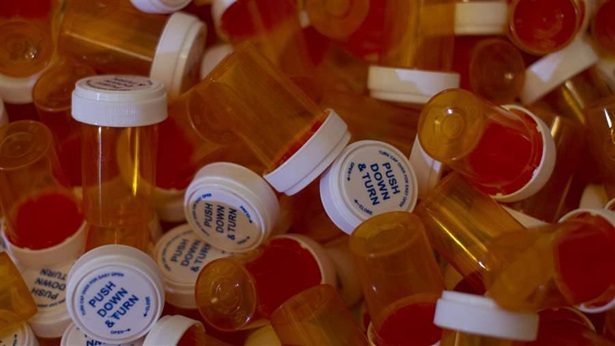
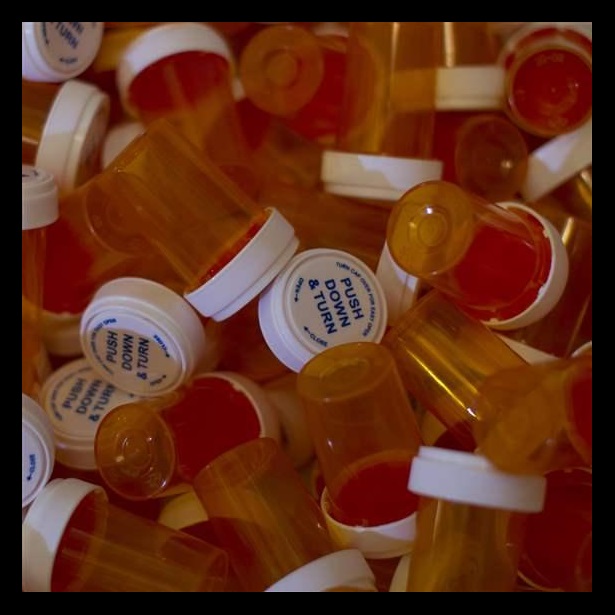
Powerful Initiative Aims to Spur Development of New Antibiotics
New partnerships provide funding and support to scientists, target antibiotic resistance on a global scale
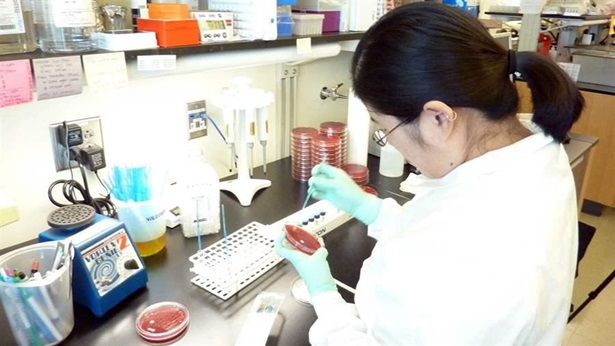
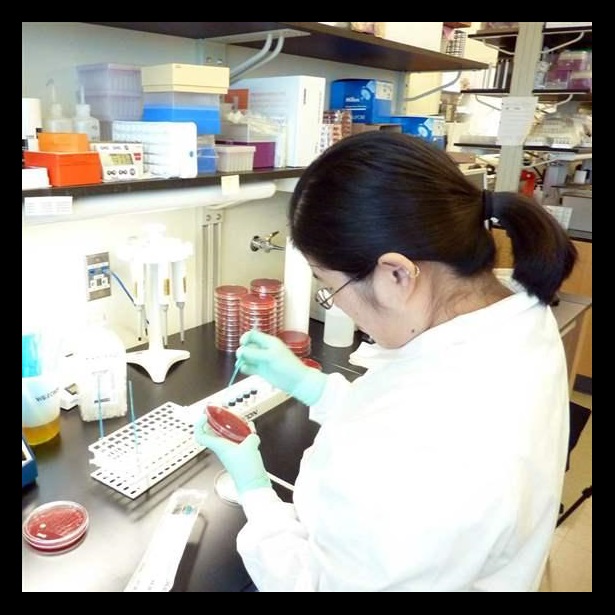
Tracking the Pipeline of Antibiotics in Development


Trends in U.S. Antibiotic Use
New data needed to improve prescribing, combat threat of antibiotic resistance
